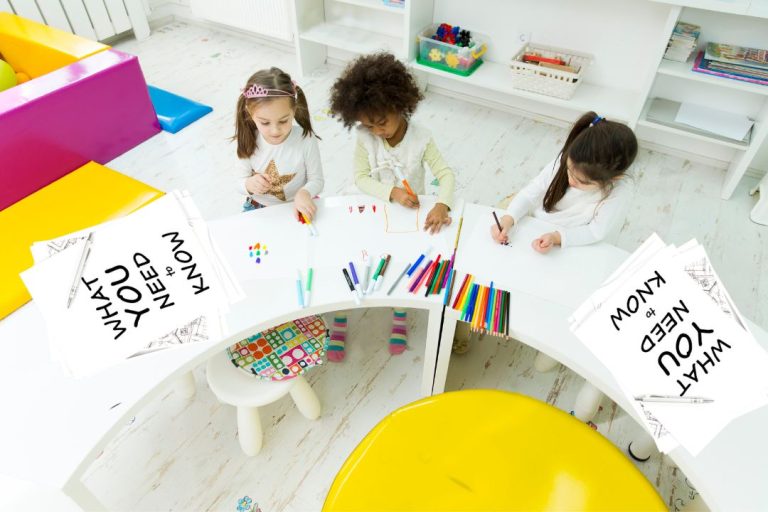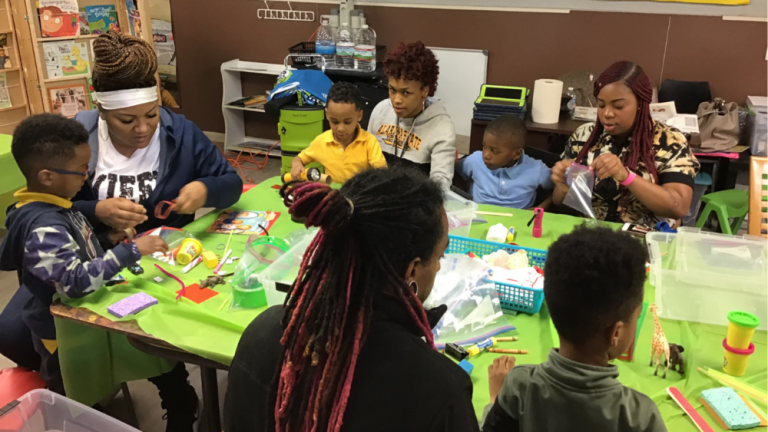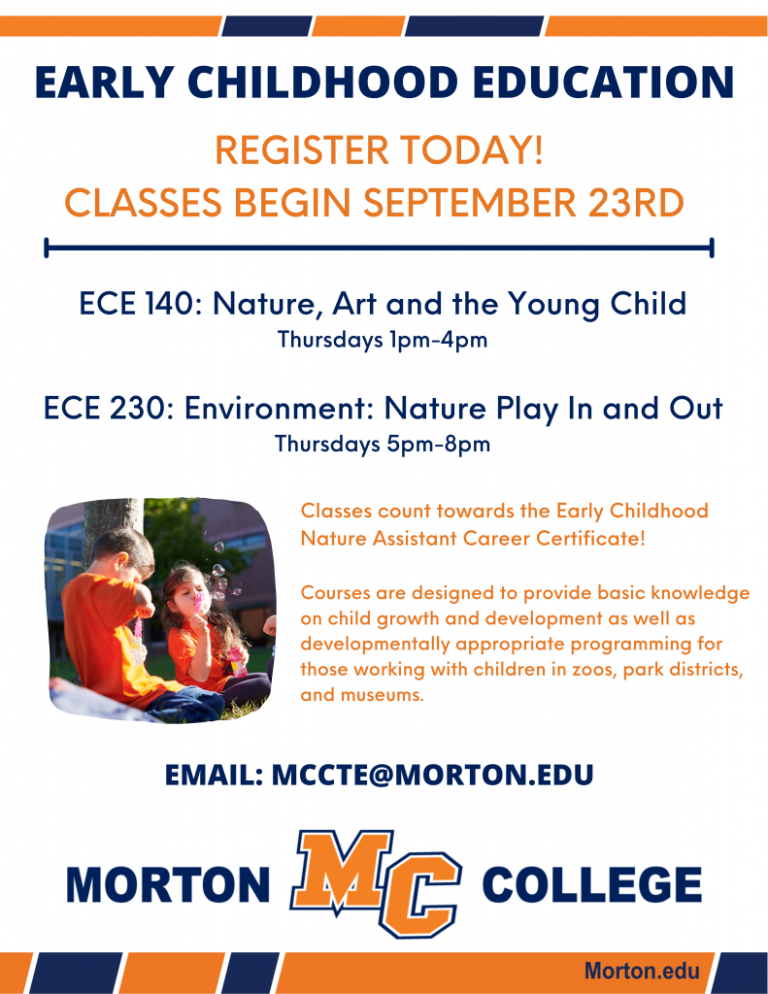What is an Early Childhood Educator: The Key to a Strong Foundation
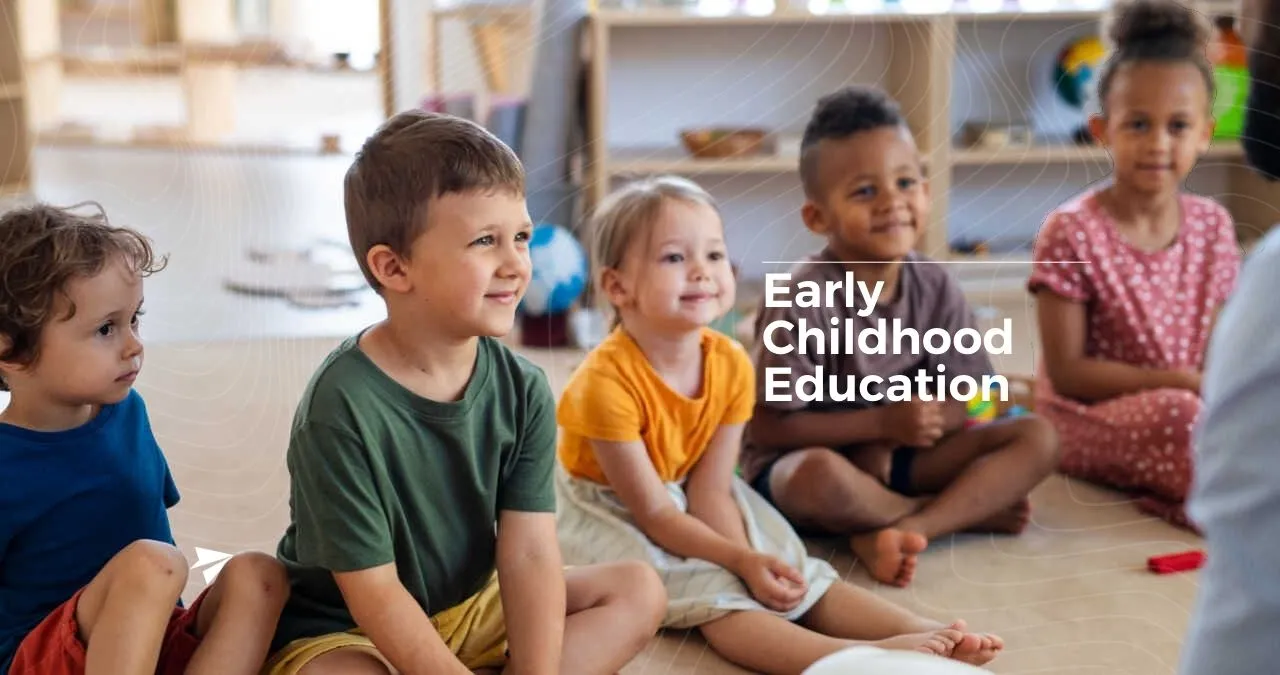
An Early Childhood Educator is a professional who teaches and nurtures young children. They play a crucial role in early childhood development.
Early Childhood Educators are responsible for providing a safe and stimulating environment where children can learn and grow. They create age-appropriate lesson plans, facilitate activities that promote social, emotional, and cognitive development, and work closely with parents to ensure the well-being of each child.
Through their dedication and expertise, Early Childhood Educators lay the foundation for a child’s future success in school and in life. Their passion for teaching and commitment to fostering a love for learning in young children make them invaluable members of the educational community.
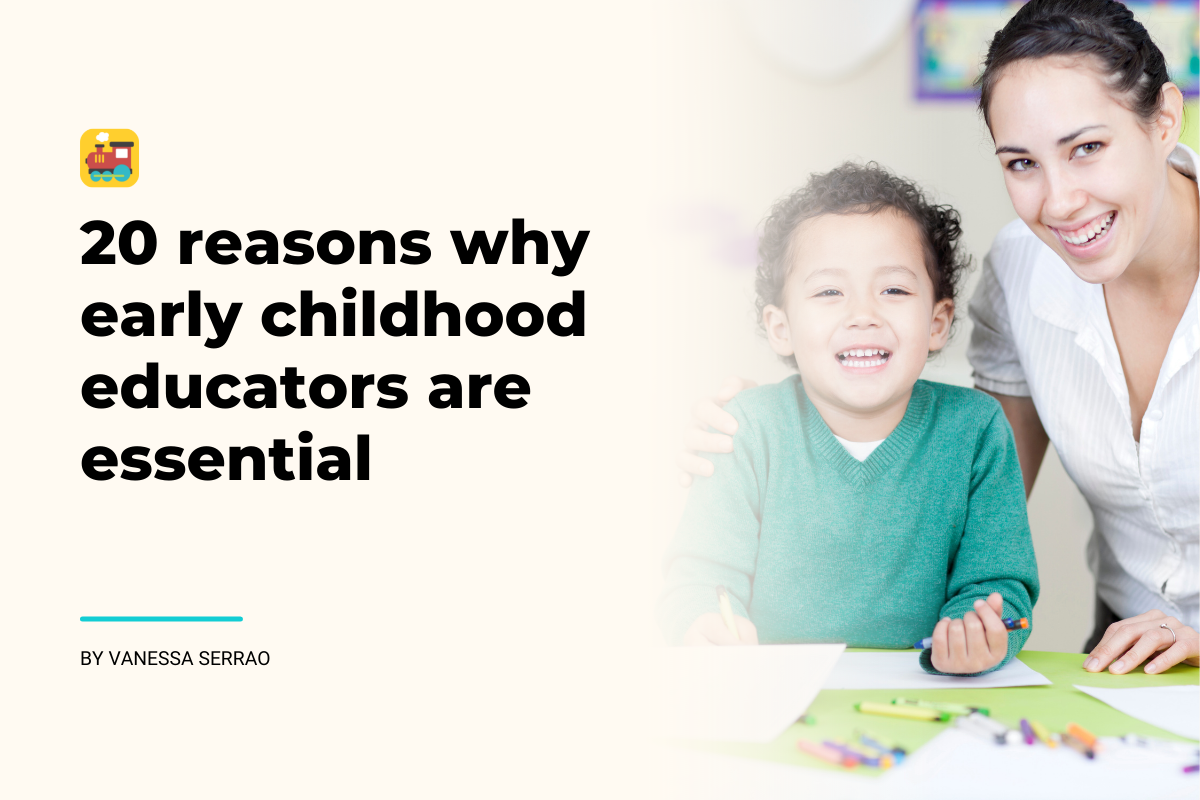
Credit: www.himama.com
The Role Of An Early Childhood Educator
An early childhood educator plays a crucial role in laying the foundation for a child’s future development and learning. They are responsible for creating a nurturing and stimulating environment where young children can grow and thrive. The role of an early childhood educator encompasses a range of responsibilities and duties, as well as specific qualifications and training requirements.
Responsibilities And Duties
- Designing and implementing age-appropriate curriculum and activities to promote physical, cognitive, and social development.
- Observing and assessing children’s behavior and progress to identify areas for growth and improvement.
- Collaborating with parents and guardians to provide support and guidance on child development and behavior management.
- Creating a safe and inclusive learning environment that fosters positive relationships and encourages exploration and creativity.
- Documenting and communicating children’s milestones, achievements, and challenges to parents and other relevant stakeholders.
Qualifications And Training
Early childhood educators are typically required to have a minimum of a high school diploma or equivalent, along with specialized training in early childhood education. Many positions may also require certification or licensure, depending on the specific requirements of the state or country. Additionally, ongoing professional development and continuing education are essential to stay current with best practices and emerging trends in early childhood education.

Credit: www.easterncollege.ca
Importance Of Early Childhood Education
Early childhood education plays a vital role in shaping a child’s future by laying the foundation for learning and development. It is during this crucial stage that children develop essential skills and abilities that will impact their academic and social success later in life. Early childhood educators play a significant role in facilitating this development by providing a nurturing and stimulating environment for young children to learn and grow.
Developmental Milestones
Developmental milestones are key markers of a child’s growth and progress. Early childhood educators play a pivotal role in identifying and supporting these milestones, ensuring that each child reaches their full potential. By recognizing and addressing developmental delays early on, educators can provide targeted interventions to support each child’s unique developmental journey.
Cognitive And Social Skills Development
Cognitive and social skills development are essential aspects of early childhood education. Educators create opportunities for children to engage in activities that promote cognitive growth, such as problem-solving, critical thinking, and language development. Additionally, they foster social skills by encouraging collaboration, empathy, and communication, laying the groundwork for positive social interactions and relationships.
Building Strong Foundations
An early childhood educator plays a crucial role in laying the groundwork for a child’s future success. By creating a nurturing environment and promoting holistic development, these professionals ensure that children are equipped with the necessary skills and knowledge to thrive.
Creating A Nurturing Environment
Early childhood educators establish a safe and welcoming space where children feel secure and valued. They foster a sense of belonging and encourage positive relationships among the children, fostering an environment that promotes emotional well-being and supports the development of social skills.
Promoting Holistic Development
These educators focus on nurturing the whole child, addressing their physical, emotional, cognitive, and social needs. Through play-based learning and age-appropriate activities, they facilitate the development of essential skills while also fostering creativity, curiosity, and a love for learning.
Challenges Faced By Early Childhood Educators
An early childhood educator plays a crucial role in shaping the future of young children, but they often face various challenges that can impact their effectiveness. Understanding these challenges is essential for creating a supportive environment for early childhood educators to thrive.
Behavior Management
Managing the behavior of young children can be challenging, as they are still developing their self-regulation skills. Early childhood educators often encounter difficulties in maintaining a positive and productive learning environment due to disruptive behaviors. They must employ effective strategies and techniques to address behavioral issues while fostering a supportive and nurturing atmosphere for all children.
Parental Involvement
Engaging parents in their child’s early education is crucial for their overall development, but it can be a challenge for early childhood educators. Limited parental involvement can impact a child’s progress and well-being. Educators must find ways to encourage and facilitate parental participation, as well as maintain open communication to ensure a collaborative approach to a child’s education.
Effective Strategies For Early Childhood Education
Effective Strategies for Early Childhood Education play a crucial role in nurturing young minds. Early Childhood Educators utilize various approaches to create engaging learning environments.
Play-based Learning
Play-Based Learning is a fundamental strategy where children learn through engaging activities. It fosters creativity, problem-solving, and social skills development.
Individualized Instruction
Individualized Instruction tailors teaching methods to suit each child’s unique needs. It allows educators to cater to diverse learning styles and abilities.
The Impact Of Early Childhood Education On Future Success
An early childhood educator is responsible for teaching and caring for children from birth to age eight. They play a significant role in a child’s development by providing them with a solid foundation for their future academic, social, and emotional success. The impact of early childhood education on future success is immense, and it’s crucial to understand the long-term benefits of investing in quality early childhood education programs.
Long-term Benefits
Quality early childhood education programs have long-term benefits that extend well beyond the early years of a child’s life. Children who receive quality early childhood education are more likely to:
- Have higher IQ scores and better cognitive skills
- Be better prepared for kindergarten and beyond
- Have better social skills and fewer behavioral problems
- Be more likely to graduate from high school and attend college
- Earn higher salaries as adults
- Have better health outcomes and lower rates of chronic disease
Investing in quality early childhood education programs can lead to significant long-term benefits for both individuals and society as a whole.
Closing The Achievement Gap
Early childhood education is also essential for closing the achievement gap that exists between low-income and high-income children. Children from low-income families are less likely to have access to quality early childhood education programs, which can put them at a disadvantage when they start school. By providing all children with access to quality early childhood education programs, we can help level the playing field and ensure that every child has the opportunity to succeed.
In conclusion, early childhood education is critical for a child’s future success. Investing in quality early childhood education programs has long-term benefits that extend well beyond the early years of a child’s life. By providing all children with access to quality early childhood education programs, we can help close the achievement gap and ensure that every child has the opportunity to succeed.
Supporting The Well-being Of Early Childhood Educators
Early Childhood Educators play a vital role in shaping the minds of young children, providing them with a strong foundation for future learning and development. It is essential to support the well-being of these educators to ensure they can continue to provide high-quality care and education.
Professional Development Opportunities
Early Childhood Educators have access to various professional development opportunities to enhance their skills and knowledge in the field. These opportunities include workshops, conferences, and online courses.
Self-care Practices
Implementing self-care practices is crucial for Early Childhood Educators to prevent burnout and maintain their well-being. These practices may include mindfulness exercises, setting boundaries, and engaging in hobbies outside of work.
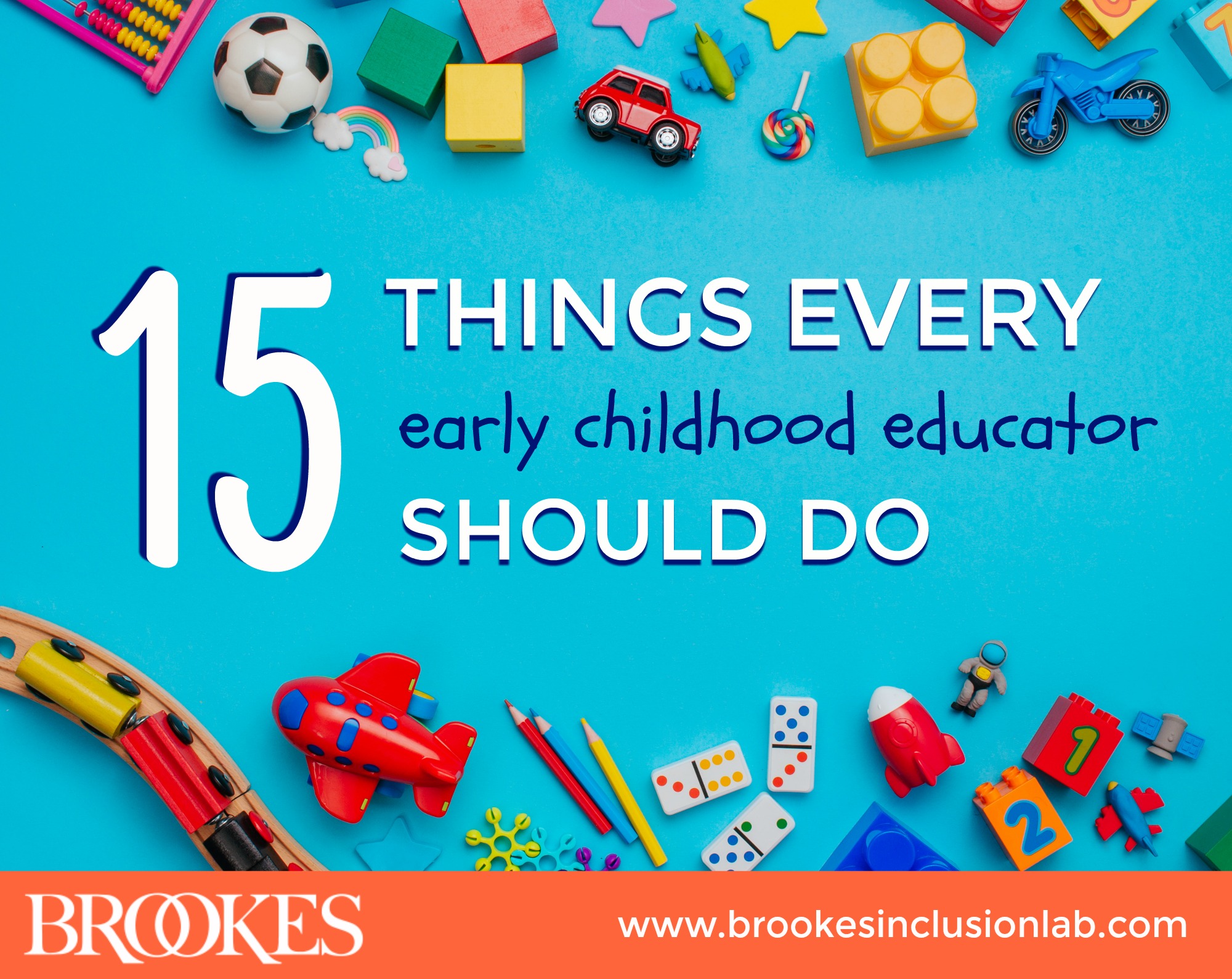
Credit: blog.brookespublishing.com
Frequently Asked Questions
What Is The Role Of An Early Childhood Educator?
An early childhood educator nurtures and educates young children, providing a safe and stimulating environment for their development. They create and implement age-appropriate activities, foster social and emotional growth, and communicate with parents to support each child’s individual needs.
What Does It Mean To Be An Early Childhood Educator?
Being an early childhood educator means nurturing and educating young children in their formative years. It involves creating a safe, engaging environment to support their learning and development.
What Is The Role Of The Early Years Educator?
The role of the early years educator is to nurture, educate, and support the development of young children. They create a safe and stimulating environment for learning and growth.
Which Of The Following Roles Does An Early Childhood Educator Have?
An early childhood educator plays roles such as nurturing, educating, and supporting young children’s development. They create a safe and stimulating environment, plan activities, and communicate with parents. They also observe and assess children’s progress, and collaborate with other professionals to ensure holistic growth.
Conclusion
Early childhood educators play a vital role in shaping the future. Their dedication and passion for nurturing young minds are invaluable. By creating a supportive and stimulating environment, they lay the foundation for lifelong learning. As advocates for children, they contribute to their holistic development, ensuring a brighter tomorrow.
Lorem Ipsum is simply dummy text of the printing and typesetting industry. Lorem Ipsum has been the industry’s standard dummy text ever since the 1500s, when an unknown printer took a galley of type and scrambled it to make a type specimen book.

